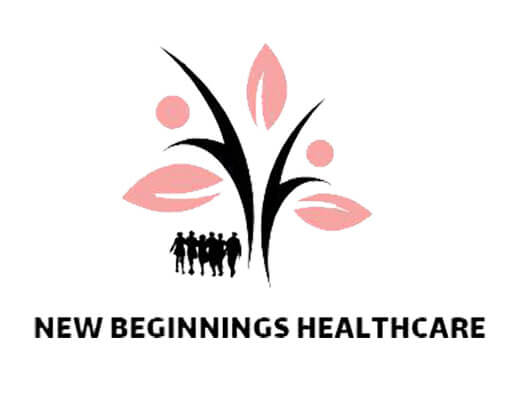School physicals, also known as school health checkups or wellness exams, are routine medical evaluations conducted to assess a child’s overall health and physical readiness for participation in school activities. These exams are typically required by schools or school districts and serve as an essential component of preventive healthcare for children.
It is recommended that children should have a yearly physical. Understanding what to expect during a school physical can help alleviate any concerns and ensure a smooth and productive experience for both children and their parents.
What is a School Physical?
A school physical is a comprehensive medical examination performed by a healthcare provider, such as a pediatrician or nurse practitioner. Pre-K and kindergarten school physicals typically involve a comprehensive evaluation of a child’s health and developmental status to ensure they are physically and emotionally ready to participate in school activities.
The purpose of the exam is to evaluate various aspects of a child’s health, such as:
- Physical growth and development
- Medical history
- Immunization status
- Potential health concerns
Any of the above may affect a child’s ability to participate in school activities safely.
What to Expect During a School Physical
School physicals may differ slightly from clinic to clinic, however, here’s generally what you can expect from a Pre-K and kindergarten physical:
Medical History
The healthcare provider will review the child’s medical history, including past illnesses and allergies, as well as their immunization status. They may also inquire about the family medical history and any concerns or issues raised by the parents or caregivers.
Vital Signs
Vital signs such as blood pressure, heart rate, respiratory rate, and temperature will be measured to assess the child’s overall health and well-being.
Growth Assessment
The child’s height, weight, and body mass index (BMI) will be measured and plotted on growth charts to track growth patterns and identify any potential concerns or deviations from the norm.
Developmental Screening
The healthcare provider will assess the child’s development through their:
- Motor skills
- Language development
- Cognitive abilities
- Social-emotional development
The assessment may be carried out through observation or by asking questions and using standardized screening tools.
Vision and Hearing Screening
Screening tests for vision and hearing will be conducted to detect any potential impairments that may affect the child’s learning and school performance.
Immunizations
The child’s immunization records will be reviewed to ensure they are up to date with recommended vaccines for their age. Any necessary vaccinations will be administered during the visit.
Physical Examination
A thorough physical examination will be performed, including an assessment of the following:
- General appearance
- Skin condition
- Head and neck
- Heart and lungs
- Abdomen
- Extremities
- Neurological status
Nutrition and Lifestyle Counseling
The healthcare provider may guide parents on nutrition, physical activity, and sleep habits tailored to the child’s age and developmental stage.
Behavioral and Emotional Health Assessment
The child’s behavioral and emotional health will be evaluated, including their temperament and any signs of mental and behavioral problems.
Parent/Caregiver Education
The healthcare provider will offer education and guidance to parents or caregivers on topics that range from child development to safety and other strategies to support their child’s overall health and well-being.
Benefits of School Physicals
Physical exams for school are important because they provide the following benefits:
1. Early Detection of Health Issues
School physicals provide an opportunity to identify and address any underlying health issues or concerns before they escalate into more serious problems.
2. Prevention and Health Promotion
By promoting healthy behaviors and lifestyles, school physicals help prevent illness, injury, and disease and encourage children to adopt habits that promote lifelong wellness.
3. Compliance with School Requirements
Many schools require students to undergo regular physical exams to ensure their readiness for participation in academic and extracurricular activities.
4. Peace of Mind for Parents
Physicals for school offer parents a reassurance that their child’s health and well-being are being monitored and addressed by qualified healthcare professionals.
Before the school year starts every year for your child, make sure they are scheduled for a physical exam to meet the health requirements of their school.
Pre-K and Kindergarten Physicals for Schools in PA, NJ, and NY
If you are looking for a healthcare provider for your child’s school physical, look no further than New Beginnings Healthcare. Our founder, Dr. Akia Sheema Blandon is a nurse practitioner who understands the positive impact of personalized attention and treatment programs, and how to help each member of the family achieve good health and wellness. We make it easy and convenient for you to schedule your child’s physical and support you every step of the way.
Get ready for a new approach to your family’s health. Schedule your child’s physical for school with Dr. Blandon. For any questions or to schedule an appointment, call our office today at 484-640-5400 or use our convenient online form. We look forward to serving you and your family

